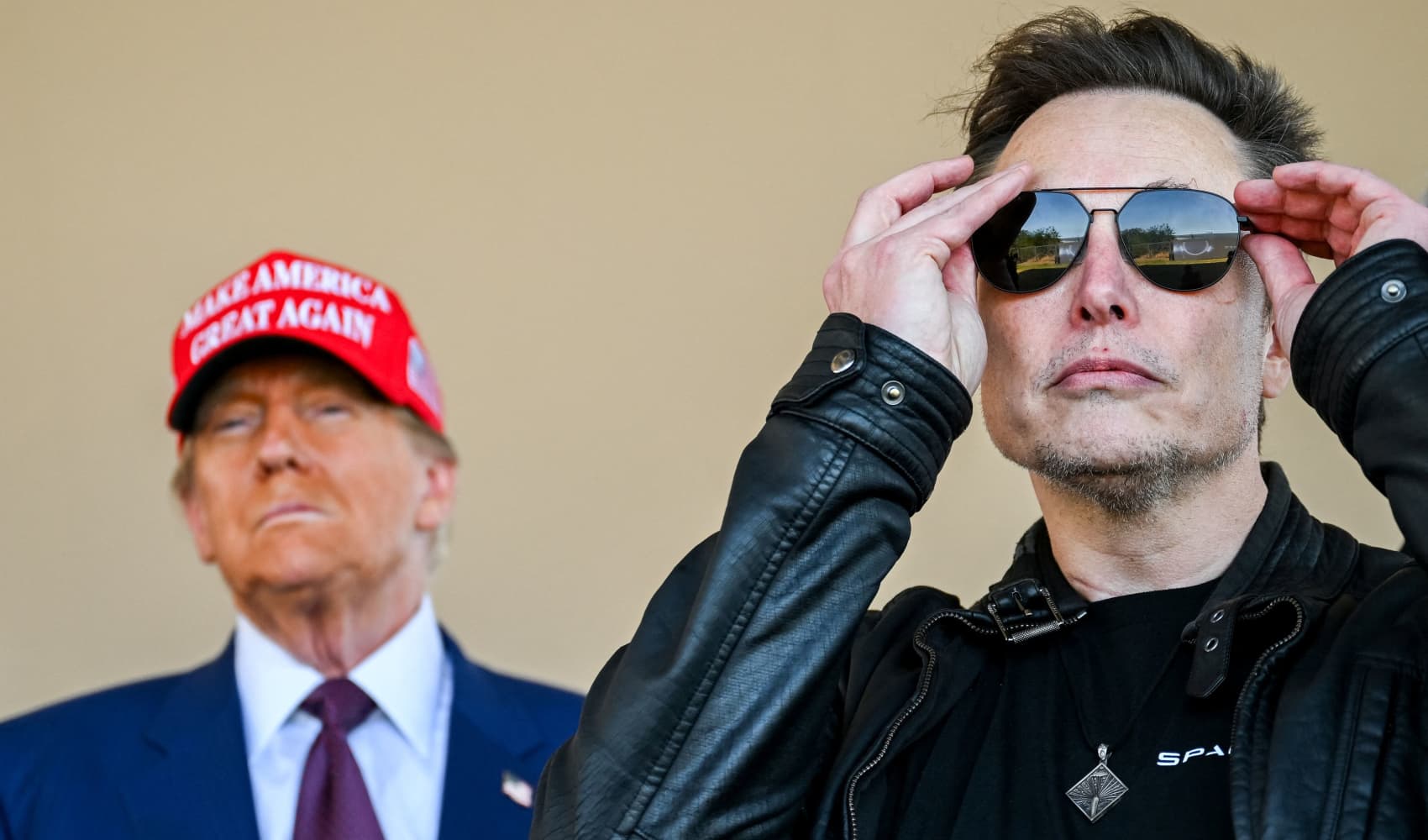
In celebration of Black History Month, CNBC Invest in You is featuring weekly stories from CNBC contributors, including the lessons they've learned growing up, their advice to Black youth, their sources of inspiration, and how they are working to close the racial wealth gap.
Ivory Johnson, the founder of Delancey Wealth Management and a member of the CNBC Financial Advisor Council, is a proponent of following the basic tenets of capitalism, and he believes that if this was enforced in the U.S., the Black community would have an equal opportunity to create wealth.
One example of how the idea of a free market isn't working: Black women are paid only 63 cents for every dollar a white man is paid.
Get top local stories in DFW delivered to you every morning. Sign up for NBC DFW's News Headlines newsletter.
"Our country can empower the African-American community financially by enforcing the basic tenants of capitalism," Johnson said. "We'd like to be paid according to what the free markets are willing to bear," he said.
Morgan Stanley estimates that racial housing inequality has cost nearly 800,000 jobs and five million people from owning homes. Assets like real estate should be fungible so that the value of the home isn't impacted by who lives there.
"We'd like equal access to capital and the ability to enforce the terms of a contract in an equitable judicial system," Johnson said. "We don't need a leg up – life is hard for everybody. We'd just like a fair fight."
Money Report
As the co-founder and co-CEO of 2050 Wealth Partners, Rianka Dorsainvil advises small business owners and first-generation wealth creators. Her advice to current and future leaders:
"Co-create a collaborative environment with your team. Be a leader not just by title but also by example. And specifically to the Black leaders, continue to be yourself, unapologetically. No one is you and that is your power."
Founder and chief investment officer of Odyssey Advisors, Jason Snipe is an active mentor and member of the board of trustees at the Catholic college-preparatory high school LaSalle Academy. He knows how important exposure to opportunities across the economy is for young adults.
"The most important thing we can do to change the financial future for African Americans is to expose us. We need to be exposed to all the industries that are out here. Experience is our greatest teacher. We cannot be what we cannot see."
Tiffany McGhee launched her first business by cashing out her 401(k). McGhee knew it would be risky to leave the comfort and benefits of a corporate job for an entrepreneurial pursuit.
Now founder, CEO & CIO of Pivotal Advisors, she is the first African-American woman, and Afro-Latina, to have an institutional investment advisory firm. Growing her own business gave McGhee insights into how important support is.
"I think one thing that we can all do to change the financial future for the Black community is to support Black-owned businesses. I think representation does matter. It goes a long way to let people in our community know that they can do the exact same thing."
Degas Wright, a former Captain in the United States Army, says outside of his family the biggest influence in his life was his time at the United States Military Academy at West Point. Today, he is the founder and CEO of Decatur Capital Management. During his time at West Point, Wright learned how impactful gaining exposure to the best can be, and he encourages business leaders make themselves available in the same way.
"I think other people can impact our communities through two ways. One – to promote personal finance in every school. The second thing, if you own a business or if you're an executive at a business, hire a college intern to give them that exposure to the industry. Those are two things everyone that is listening can have an impact on."
Join CNBC for a special LinkedIn Live event on February 24th with Sharon Epperson and trailblazing financial leaders. For more info and to register, go to cnbc.com/facesofchange
SIGN UP: Money 101 is an 8-week learning course to financial freedom, delivered weekly to your inbox. For the Spanish version Dinero 101, click here.
CHECK OUT: How a single mom in Atlanta makes $10,000/month on Outschool while only teaching a few hours a week with Acorns+CNBC
Disclosure: NBCUniversal and Comcast Ventures are investors in Acorns.






